Filter by
SubjectRequired
LanguageRequired
The language used throughout the course, in both instruction and assessments.
Learning ProductRequired
LevelRequired
DurationRequired
SkillsRequired
SubtitlesRequired
EducatorRequired
Explore the Computer Fundamentals Course Catalog

Kennesaw State University
Skills you'll gain: Data Collection, Lean Six Sigma, Six Sigma Methodology, Quality Improvement, Process Improvement, Business Process, Project Management, Project Planning, Customer experience improvement, Data Validation, Process Mapping, Statistics, Stakeholder Management, Statistical Analysis

Skills you'll gain: NoSQL, Apache Hadoop, Apache Spark, MongoDB, PySpark, Apache Hive, Databases, Apache Cassandra, Big Data, Machine Learning, Generative AI, IBM Cloud, Applied Machine Learning, Kubernetes, Supervised Learning, Distributed Computing, Docker (Software), Database Management, Data Pipelines, Scalability
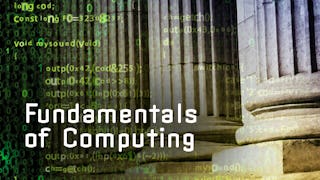
Rice University
Skills you'll gain: Theoretical Computer Science, Computer Science, Computer Programming, Computational Thinking, Programming Principles, Debugging, Algorithms
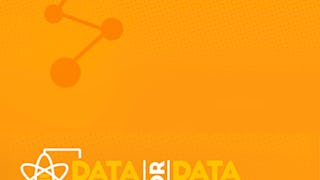
University of Colorado Boulder
Skills you'll gain: SQL, Database Design, Database Management Systems, NoSQL, Data Warehousing, Relational Databases, Database Management, Database Administration, Databases, Database Architecture and Administration, Query Languages, Database Theory, Data Modeling, Data Analysis, MongoDB, Big Data, Data Architecture, Data Access, Data Integrity, Data Manipulation
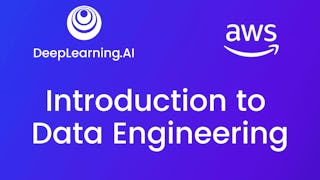
DeepLearning.AI
Skills you'll gain: Data Pipelines, Data Architecture, Requirements Analysis, Amazon Web Services, Data Warehousing, Data Processing, System Requirements, Extract, Transform, Load, Performance Tuning, Security Controls, Cloud Computing, Data Transformation, Scalability
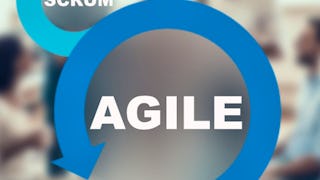
Skills you'll gain: User Story, Agile Software Development, Agile Methodology, Kanban Principles, Backlogs, Sprint Retrospectives, Agile Project Management, Workflow Management, Sprint Planning, Team Building, Team Management, Lean Methodologies, Continuous Improvement Process, Performance Measurement

University of Toronto
Skills you'll gain: ArcGIS, Spatial Data Analysis, Geographic Information Systems, Geospatial Mapping, Data Mapping, Global Positioning Systems, Data Modeling, Data Capture
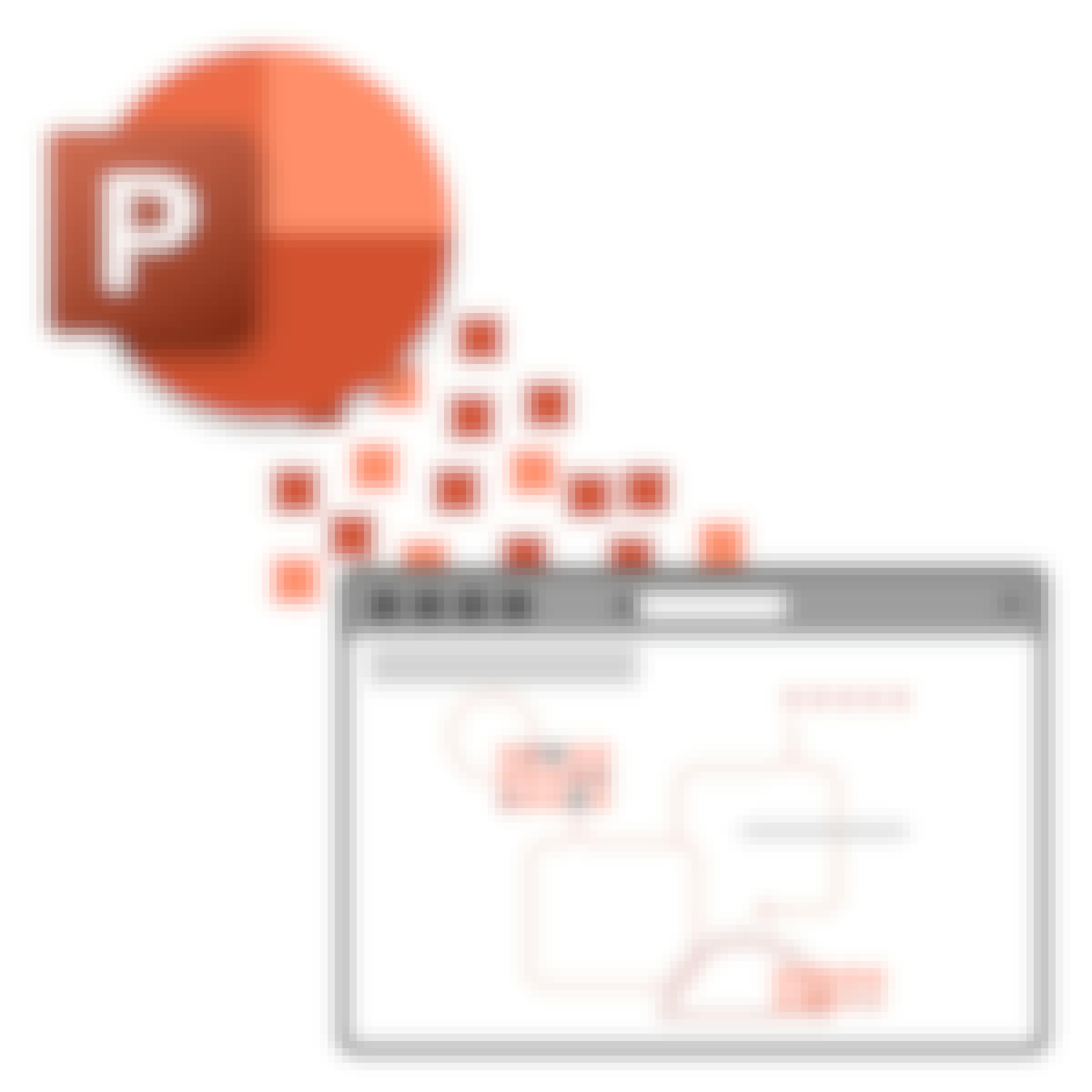
Skills you'll gain: Multimedia, Microsoft PowerPoint, Presentations, Microsoft 365, Collaborative Software, Productivity Software, Microsoft Windows, Editing, File Management

Columbia University
Skills you'll gain: Construction Estimating, Cost Estimation, Punch Work, Bidding, Cost Control, Project Closure, Lean Methodologies, Project Estimation, Cash Flow Forecasting, Request For Quotation (RFQ), Earned Value Management, Procurement, Request for Proposal, Change Orders, Building Information Modeling

Stanford University
Skills you'll gain: Bayesian Network, Graph Theory, Probability Distribution, Statistical Modeling, Markov Model, Decision Support Systems, Probability & Statistics, Network Analysis, Applied Machine Learning, Natural Language Processing

Skills you'll gain: Cybersecurity, Technical Support and Services, Information Technology, Network Security, Cyber Security Strategy, Data Security, Computer Security Awareness Training, Cyber Security Policies

Skills you'll gain: Prompt Engineering, Large Language Modeling, Generative AI, Natural Language Processing, Generative AI Agents, PyTorch (Machine Learning Library), Text Mining, Artificial Intelligence and Machine Learning (AI/ML), Artificial Neural Networks, Deep Learning, Application Development, Artificial Intelligence, Feature Engineering, Document Management, Machine Learning Methods, Jupyter, Data Processing, Applied Machine Learning, Performance Tuning, Application Frameworks
Computer Fundamentals learners also search
In summary, here are 10 of our most popular computer fundamentals courses
- Six Sigma Tools for Define and Measure: Kennesaw State University
- NoSQL, Big Data, and Spark Foundations: IBM
- The Fundamentals of Computing Capstone Exam: Rice University
- Databases for Data Scientists: University of Colorado Boulder
- Introduction to Data Engineering: DeepLearning.AI
- Introduction to Agile Development and Scrum: IBM
- Introduction to GIS Mapping: University of Toronto
- Work Smarter with Microsoft PowerPoint: Microsoft
- Construction Cost Estimating and Cost Control: Columbia University
- Probabilistic Graphical Models 1: Representation: Stanford University










